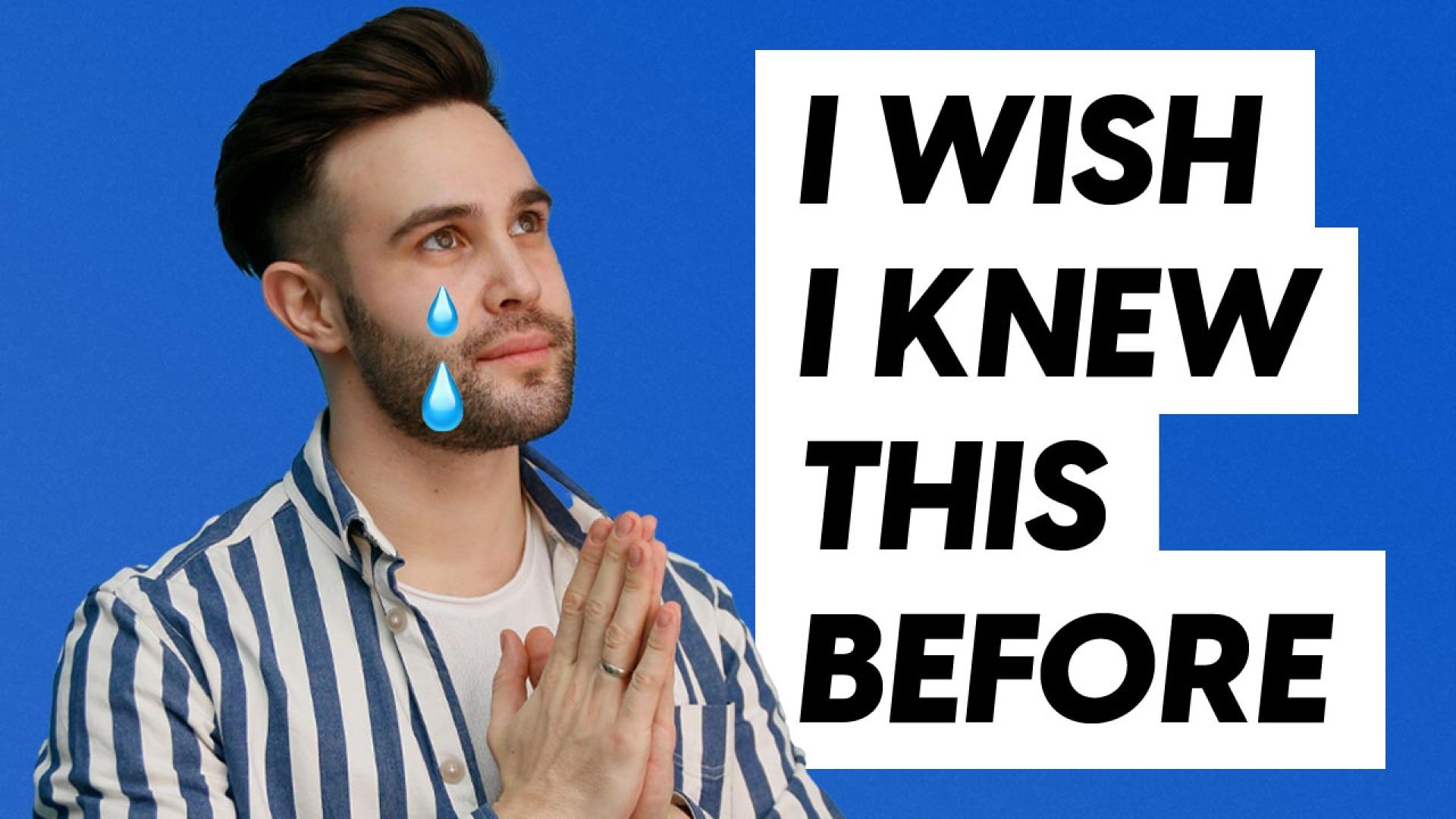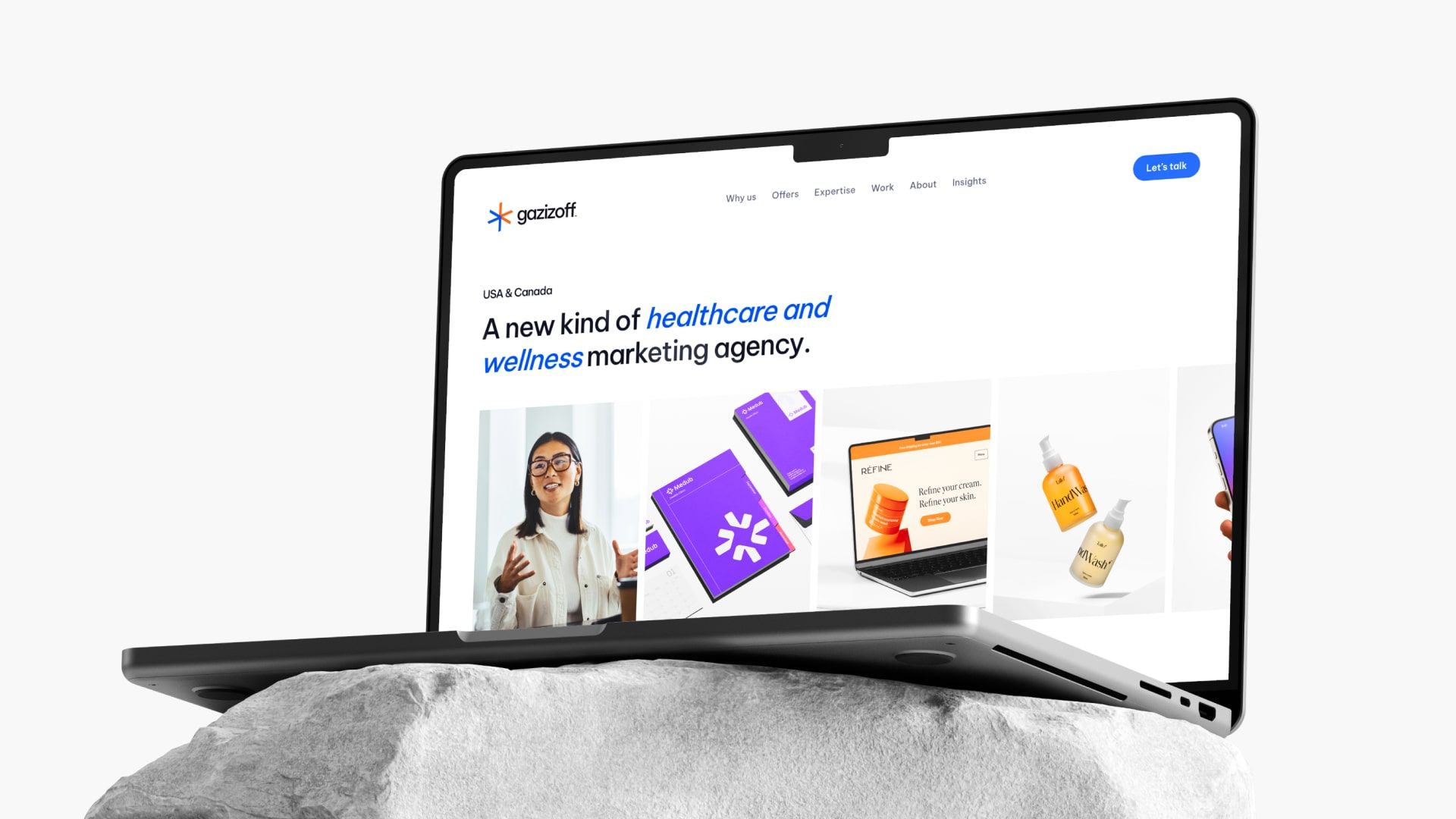13 things I wish I Knew Before Starting a Business

Table of contents
Introduction
Recently we were talking with a few of my friends about entrepreneurship. There are some things that people don’t talk about enough and are not taught in business schools.
So I decided to share the things I wish I knew before I opened my business. If I knew them, I would have saved so much time and money.
Because opening a business and putting the CEO on your Instagram and LinkedIn is easy. What is not easy is to stay on the path and make money consistently.
Don’t like to read? Watch the video!
01. Business School
If you had taken entrepreneurship or business at uni or college, chances you are fucked when it comes to opening a real business.
Because most of the things they teach have little to do with reality or starting. So it is good to forget everything except the vocabulary forever or at least for a few years until your business is a bit bigger.
02. Value for a profit
In the beginning, many people get confused about what to do first, because there are so many things to do like marketing, hiring, management, and accounting.
But what is the most important thing that makes a business a business?
Whether it’s Amazon or a tiny stand at a local market, one thing every company has in common is providing value to the customer for a profit.
Though it is so simple, it’s either not taught or not emphasized enough. And I am not sure how well I am emphasizing it now.
Focus on the activities that bring money to the table and spend less time on activities that help do it more efficiently.
Because if you have no customers – you have no money and no business.
Instead of focusing on meeting and selling to clients, I spent my time writing a proper business plan, designing a perfect website, writing job descriptions for my future employees, designing my business cards.
These things seemed important, because how am I going to get clients if I didn’t have business cards, right?
And don’t get me wrong, you need a plan for your business. Just not a 30-page documents.
Instead, try googling a lean canvas and business model canvas. They are similar simple 1-page business plans.
I like using both of them for different types of projects, and I am going to link a great article by Marta Skowron, so you understand their differences.
Lean Canvas vs Business Model Canvas: Which Should You Choose?
03. Keep everything as simple as possible.
I knew the concept of minimal viable product or MVP long before opening a business, but for some reason, I didn’t fully understand it.
MVP is a stripped-down version of your product or service. It’s your lean, mean business machine.
To better understand it, say I offered you a pound of gold for $5. Would you care if it is in an old, dirty, smelly bag? I don’t think so. You would take it.
But what if I offered you a smelly rotten egg in beautiful packaging with a pretty velvet ribbon. You know where I am getting.
So this is how MVPs work, and it is such a great way to begin and test ideas. Because if your basiс product with its basic functionality interests your target audience, you can package it in a better design later.
Though I am a marketer and believe that packaging a business makes a huge difference, it only works when a business is good in the first place.
Plus, the earlier you begin testing your offerings, the faster you will grow, and the more people get to know about you.
You are going to get the feedback you need to make your business better, faster.
And if your product or service is bad, and no one needs it, you can drop the idea before it’s too late. You will save tons of money, time, and mental health.
Remember, it’s easy to get caught in the details and strive to make everything perfect. But the world doesn’t need perfect tomorrow, it needs good today.
04. Creating more with what you have.
Next, I want to talk about creating more with what you have. Because I believe it’s the essence of entrepreneurship.
I had wanted to start a company since I was 15, but I felt like I couldn’t. I didn’t have a starting capital, many skills, I couldn’t even register a business without the help of an adult.
At first, I whined and complained to my mom about how the world isn’t fair. Why can’t kids open businesses? And it hit me – I don’t need to open a business right now, but what I can do is start working on an idea and learn other things like marketing, accounting, business types, taxes, and so on.
So since then, I believe that entrepreneurship isn’t about having everything you need, it’s about using everything you can, being resourceful, and creating something with nothing.
If you have a laptop or a phone with an internet connection, you already have enough to start. Because starting is free, you won’t need any money to prepare.
And the chances are you’re young, so you got time as your money. You can spend it on learning, building, and developing things for your future business.
In Russian, we have a saying. Water doesn’t flow under a rock. Meaning things won’t come to you unless you get up and do something.
So you will find the resources and the opportunities when you get off the couch and start taking action.
05. Things never go as planned.
Things never go as planned, and it is okay.
Just knowing and planning for it makes a huge difference.
I thought that starting a business is a straight line. Where in reality, it just goes all over the place, and sometimes you end up exactly where you started.
Things can go wrong, things go slow, there are other people involved, and since we are all human, we get physically and emotionally exhausted.
It happens because we don’t know what to expect, and things always look easy before we start. And that’s not only with businesses, anything in life is like that. I thought it is easy and fast to make youtube videos, and I will be making 3-5 a week. God, I barely have time to make 2.
Also, a good example is one of my previous clients. A fintech company missed the launch date by almost two years.
They conservatively planned everything, they raised enough capital, the guy who runs it knew what he was doing, they had great software developers, and they still missed.
Because things don’t go as planned even when you know how things work.
Just be ready for it and give yourself 2-3 or even 10 times more time to accomplish small goals.
06. Being tired and procrastinating.
Another thing I had to learn is the difference between being tired and procrastinating.
I learned that when I feel down, it means either a lack of discipline, I need to rest, or worse – it’s burnout. So, I shouldn’t have listened to business hustlers who say you need to work 18 hours a day to succeed.
It’s one thing to have down times and a different thing when you have no desire to continue.
And burnout is one of the reasons for that. I forced myself to a point where I wouldn’t sleep enough, stopped working out, skipped meals. All my focus was on work.
It lead me to detest everything I did, wanted to sleep all the time, was angry, things didn’t work out.
If you feel tired, watch my first video on youtube where I share how to stay energetic.
So I’ve learned the hard way that good physical and emotional rest, nutrition, and exercising will help me complete much more in less time.
All that is great, but discipline and a healthy lifestyle can only bring us so far.
07. Find your reason why.
In the last almost ten years, I’ve seen hundreds if not thousands of entrepreneurs fail or turn away from the path.
There are shitty moments when things are hard, and you start seeing that grass is greener in the neighbor’s yard.
And it happened to me so many times. I saw my friends making lots of money in real estate, construction, and filmmaking.
I seriously considered switching a path or just finding a job when things were tough. But I am happy I didn’t. I stayed committed and focused.
So the question is: how to stay focused, committed, and not turn away from the path?
The answer is what we hear that all the time – having an enormous reason why.
Some people I know work out of passion, excitement, or a gamble. And others want to provide a better future for their families and children.
Whatever it is, it has to be your lighthouse because, in most cases, entrepreneurship is very cold, lonely, and dark. Especially in the beginning.
My lighthouse changes every few years, I started because I can’t ever work an office job, I needed to own my time and freedom of choice. And now it’s mostly providing for my family and future children.
In the tough moments, I recall these words – the grass is greener where you water it.
08. Accounting, bookkeeping, and taxes
Next, I wish I paid more attention to accounting, bookkeeping and taxes.
If you don’t do things right, you can get into serious trouble like an audit from the revenue agency.
I can’t imagine how stressful it is and how much time it takes.
So you need to make CRA or IRS your best friend and do things exactly how they say you should.
Either hire an accountant or if you are starting – do it yourself, because an accountant for a small business will cost you $2000-$10000 a year if not more.
I would still recommend at least trying to do it by yourself for the first few years. Because as a businessman or a businesswoman you need to know, understand and manage your finances. Then when things start taking off-hire an accountant.
9. The money your business earns is not yours.
This one was a complete shocker for me because I opened my agency when I was young and didn’t know how things work.
I worked so hard for it, but I could not spend it on anything that was not business-related, because it is the company’s money, not mine. And I am an employee, so I can have a salary and/or dividends, which have to go through the books.
10. Choosing the right type of business.
Though my accountant asked me not to incorporate, I did and I am happy about it. Being self-employed or a sole-proprietor is much easier in many ways. But I feel that incorporating makes things safer for me and my family.
11. Create a separate account for taxes.
Every time you receive a payment, put the portion of taxes there. It’s good not to mix things up.
One time I paid a vendor without realizing I used tax money as everything was in one account. It was not a good idea.
12. Keep all receipts and invoices.
Make sure you have proof of every transaction your business makes.
13. File your taxes on time and properly.
Okay, I hope you found at least one thing that was helpful or interesting.
All entrepreneurs have different paths, and there is no right or wrong. Though it sounds cliche, I think entrepreneurship isn’t a destination, it’s a real journey worth taking.
It’s a fun roller coaster with scary and happy moments with lots of freedom.
The content provided on this website is for general informational purposes only and is not intended as professional or expert advice. While we endeavor to present accurate and up-to-date information related to healthcare and wellness marketing, we cannot guarantee its completeness or relevance. Any actions taken based on the information on this website are strictly at your own discretion. For specific guidance tailored to your situation, please consult with a qualified professional in the relevant field.









Leave a Reply